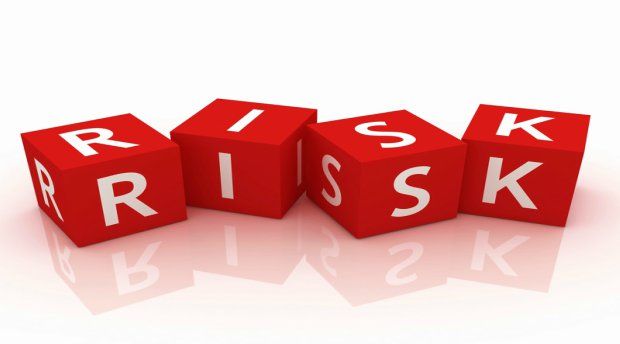How to Explain Being Fired
Post Views 26Summary: The best way to provide an explanation about a previous dismissal from a job is to use respectful and political answers that turn the negative situation to a positive learning experience.
Chances are you won’t be at the same job for your entire life. There will be a time where you do a little job hopping. Usually you will be leaving a job on your own terms, but there are times where you could have left on better terms.
There are many ways to leave a job that may not get you the best recommendation such as getting fired, getting into a fight with your boss, leaving without two weeks’ notice, maybe you were burnt out and stopped putting forth real effort into your job, or maybe you were vocal in your dislike for the organization.
The real question is how to address this incident in interviews when they ask if they can contact a previous employer. You aren’t doomed to never find a job again if you go into the interview prepared with good judgement and political thinking. Here are some tips on how to prepare:
- Keep the professional and personal separate. If you left a previous job from a personal issue then don’t bring it up during the interview. Focus on your positive traits that will benefit the company.
- Never put down a previous boss. This is very unprofessional and makes you sound immature. The interviewer will be wondering how you will act if you don’t like your new boss. The cost of hiring new employees is high and they will not be willing to take a risk with someone that focuses on the negative.
- Watch your emotions. Being fired usually brings with it some anger and embarrassment so in order to keep your emotions in check, practice telling a friend why you left your job before the interviews so you can remember to keep it professional and respectful.
- Keep it positive. Chances are you will have to talk about your bad experience but turn it to a positive one by explaining what you learned from the situation. Having the ability to turn a conversation back to being positive shows the interviewer that even during hard times you have a great attitude.
- Use people that can give you a good reference. You don’t have to use a boss, especially if you left that job on bad terms. There are also co-workers, clients, and colleagues that you can select as references as long as they are able to speak highly of your strengths and virtues.
- Replace “fired” with “dismissed”. When an interviewer asks why you were fired, be as diplomatic as possible when discussing your dismissal and remember to turn it positive. Say something like “I was no longer a good fit for the position as data entry because my strengths are working with people”.
- Use a word other than “quit”. Using quit implies you gave up and walked out. Supplement it with “left” and explain why you left with an explanation of what the job lacked in helping you grow or achieve goals. An example is “I left because there was no room for me to grow in the position”.
Photo: hrpayrollsystems.net
How to Explain Being Fired by Amanda Griffin



 Top Mistakes on Thank You Notes
Top Mistakes on Thank You Notes  Career Risks Not Worth Taking
Career Risks Not Worth Taking  Investment Banking Interview Prep – How to Ace Your Investment Banking Interviews
Investment Banking Interview Prep – How to Ace Your Investment Banking Interviews  Men’s Style – What to Wear for an Interview
Men’s Style – What to Wear for an Interview  Be Prepared for January Job Fairs
Be Prepared for January Job Fairs  Some Questions to Ask in Interviews
Some Questions to Ask in Interviews  ‘Gun Valley’ Migrating South with Jobs and Money in Tow
‘Gun Valley’ Migrating South with Jobs and Money in Tow  Statistics That Show the Future of Recruiting on the Mobile Level
Statistics That Show the Future of Recruiting on the Mobile Level